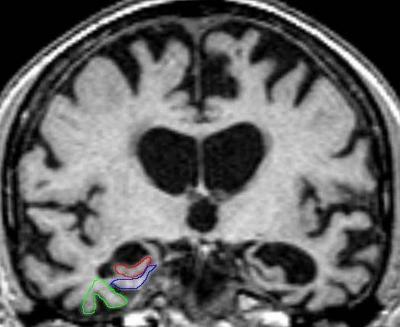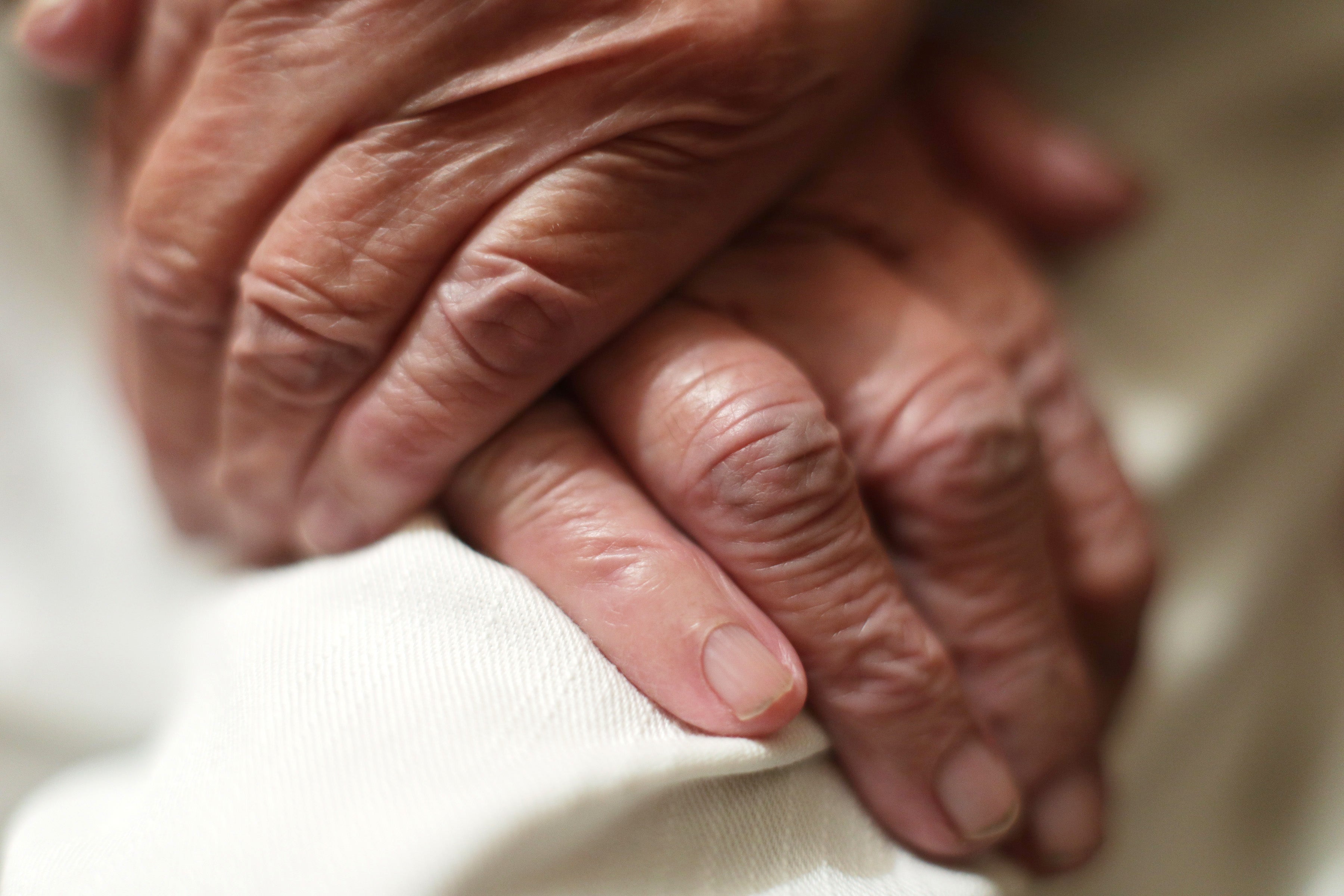Scientists reveal study on if you inherit Alzheimer’s from mother’s or father’s side
The researchers looked at the family history of older adults from a trial aimed at Alzheimer’s prevention

Your support helps us to tell the story
From reproductive rights to climate change to Big Tech, The Independent is on the ground when the story is developing. Whether it's investigating the financials of Elon Musk's pro-Trump PAC or producing our latest documentary, 'The A Word', which shines a light on the American women fighting for reproductive rights, we know how important it is to parse out the facts from the messaging.
At such a critical moment in US history, we need reporters on the ground. Your donation allows us to keep sending journalists to speak to both sides of the story.
The Independent is trusted by Americans across the entire political spectrum. And unlike many other quality news outlets, we choose not to lock Americans out of our reporting and analysis with paywalls. We believe quality journalism should be available to everyone, paid for by those who can afford it.
Your support makes all the difference.Scientists have revealed the results of a study looking at whether a person inherits risk of Alzheimer’s from their mother or father.
The health history of your parents influence the danger of changes in the brain that lead to disease, according to the new study.
It found that a family history of Alzheimer’s disease on the mother’s side might increase the chances of someone developing the condition.
After evaluating 4,400 adults aged 65 to 85 who had memory loss and trouble solving problems, the researchers found those with a history of Alzheimer’s on either their mother’s side, or both parents’ sides, had increased proteins (amyloids) linked to Alzheimer’s in the brain.
The findings suggest that considering sex-specific parental history could be important in identifying adults at heightened risk of the condition.
Senior corresponding author Hyun-Sik Yang, a neurologist at Mass General Brigham, USA, and behavioural neurologist, said: “Our study found if participants had a family history on their mother’s side, a higher amyloid level was observed.”
Mabel Seto, first author and a postdoctoral research fellow in the Department of Neurology at the Brigham, said: “If your father had early onset symptoms, that is associated with elevated levels in the offspring.
“However, it doesn’t matter when your mother started developing symptoms – if she did at all, it’s associated with elevated amyloid.”

The researchers looked at the family history of older adults from a trial aimed at Alzheimer’s prevention.
They were asked about when their parents started to lose their memories, and the scientists also asked if their parents were ever formally diagnosed or if there was autopsy confirmation of Alzheimer’s disease.
When comparing the answers and measuring amyloid in those involved in the study, the researchers found that history of memory impairment at all ages on the mother’s side, and history of early-onset memory impairment on the father’s side was associated with higher amyloid levels in those who had no symptoms.
According to the findings, only having a history of late-onset memory impairment on the father’s side was not associated with higher levels of the proteins.
Ms Seto said the results of the study are fascinating because Alzheimer’s tends to be more prevalent in women.
She added: “It’s really interesting from a genetic perspective to see one sex contributing something the other sex isn’t.”
She also noted the findings were not affected by whether people in the study were biologically male or female.
The researchers say the next step is to expand the study to look at other groups and examine how parental history affects cognitive decline and amyloid accumulation over time and why DNA from the mother plays a role.
The findings are published in the Jama Neurology journal.
Join our commenting forum
Join thought-provoking conversations, follow other Independent readers and see their replies
Comments